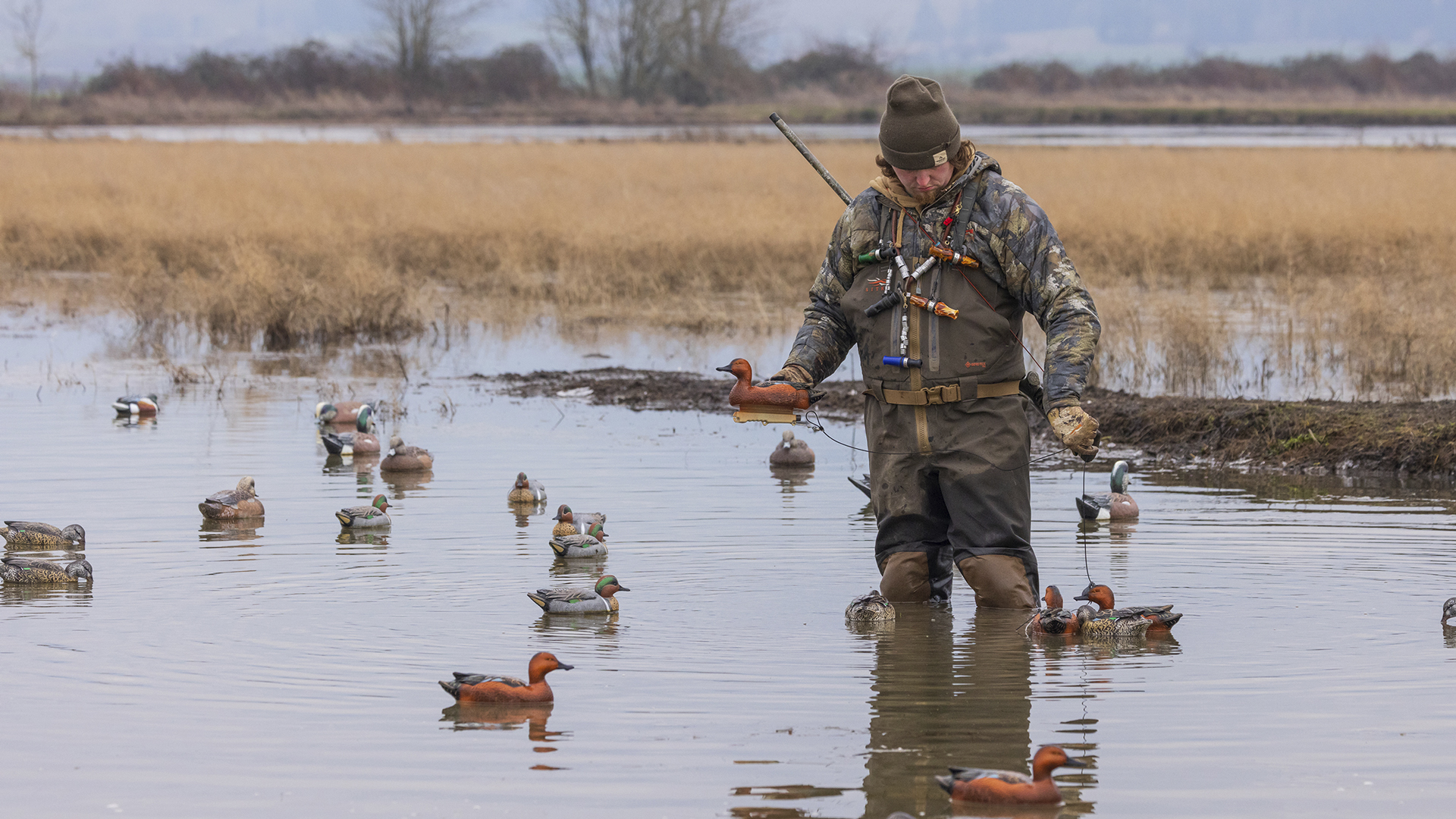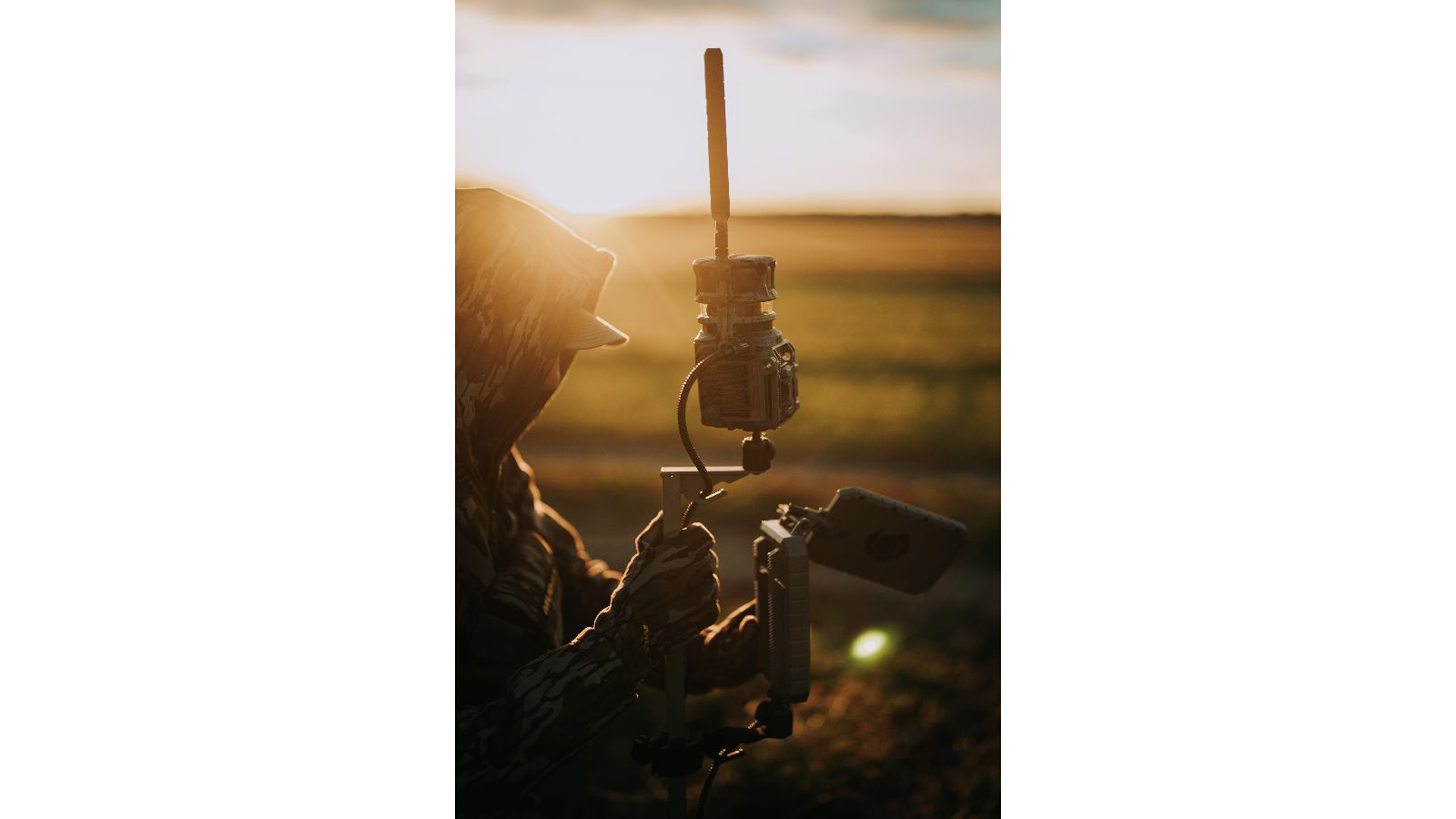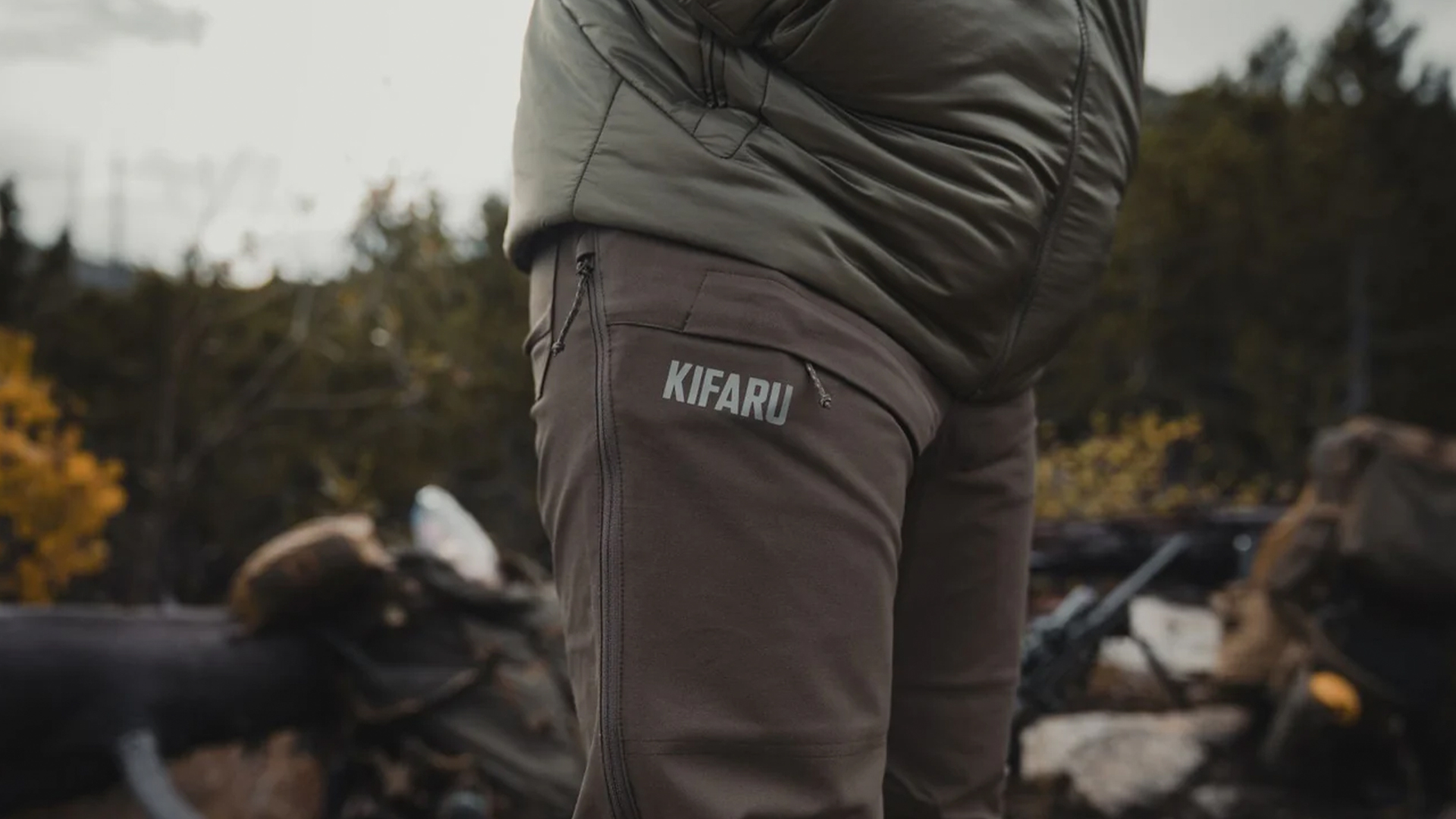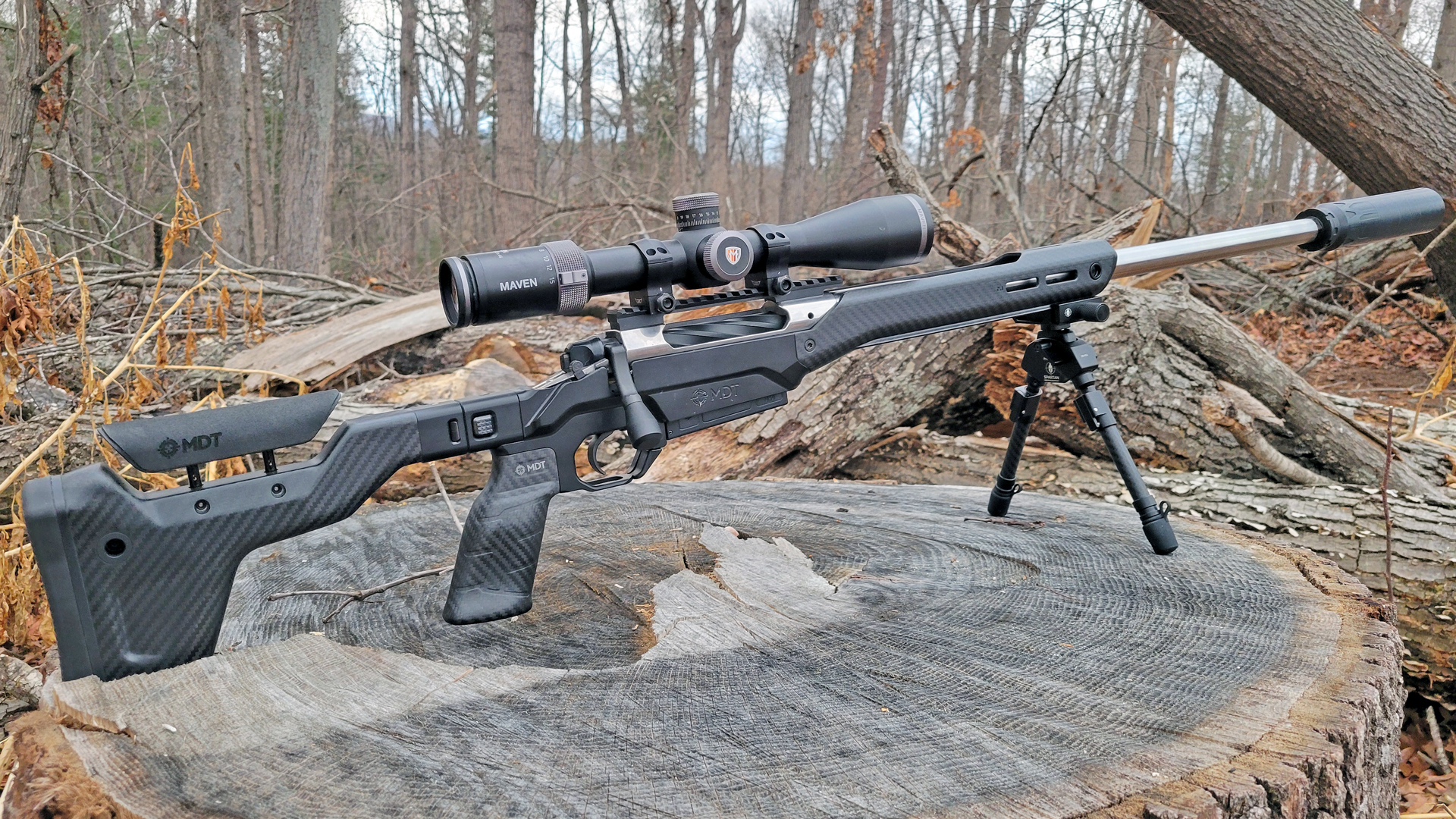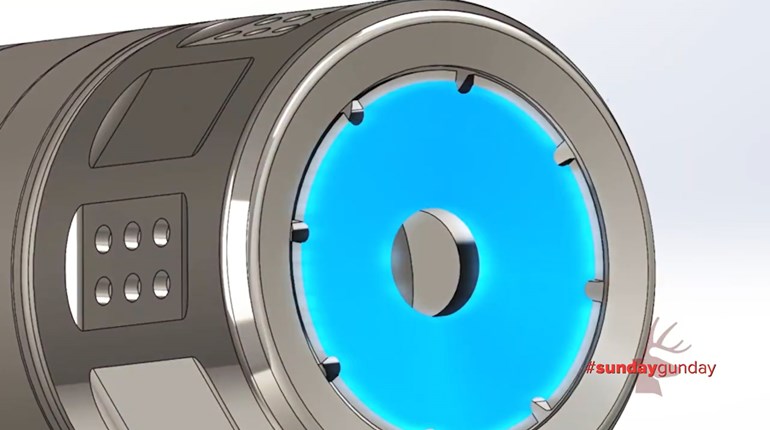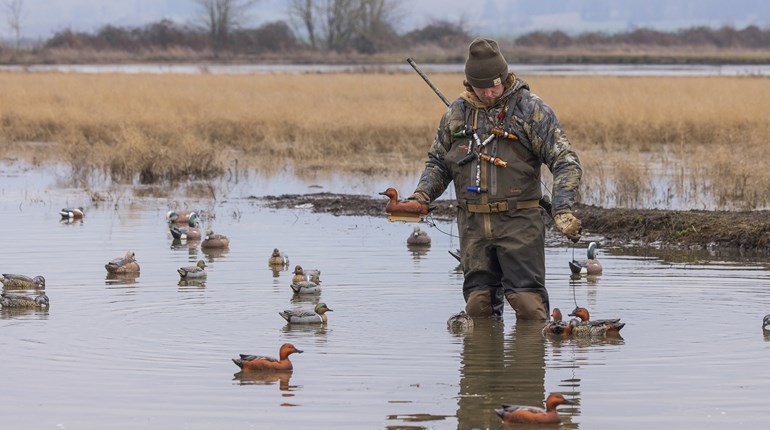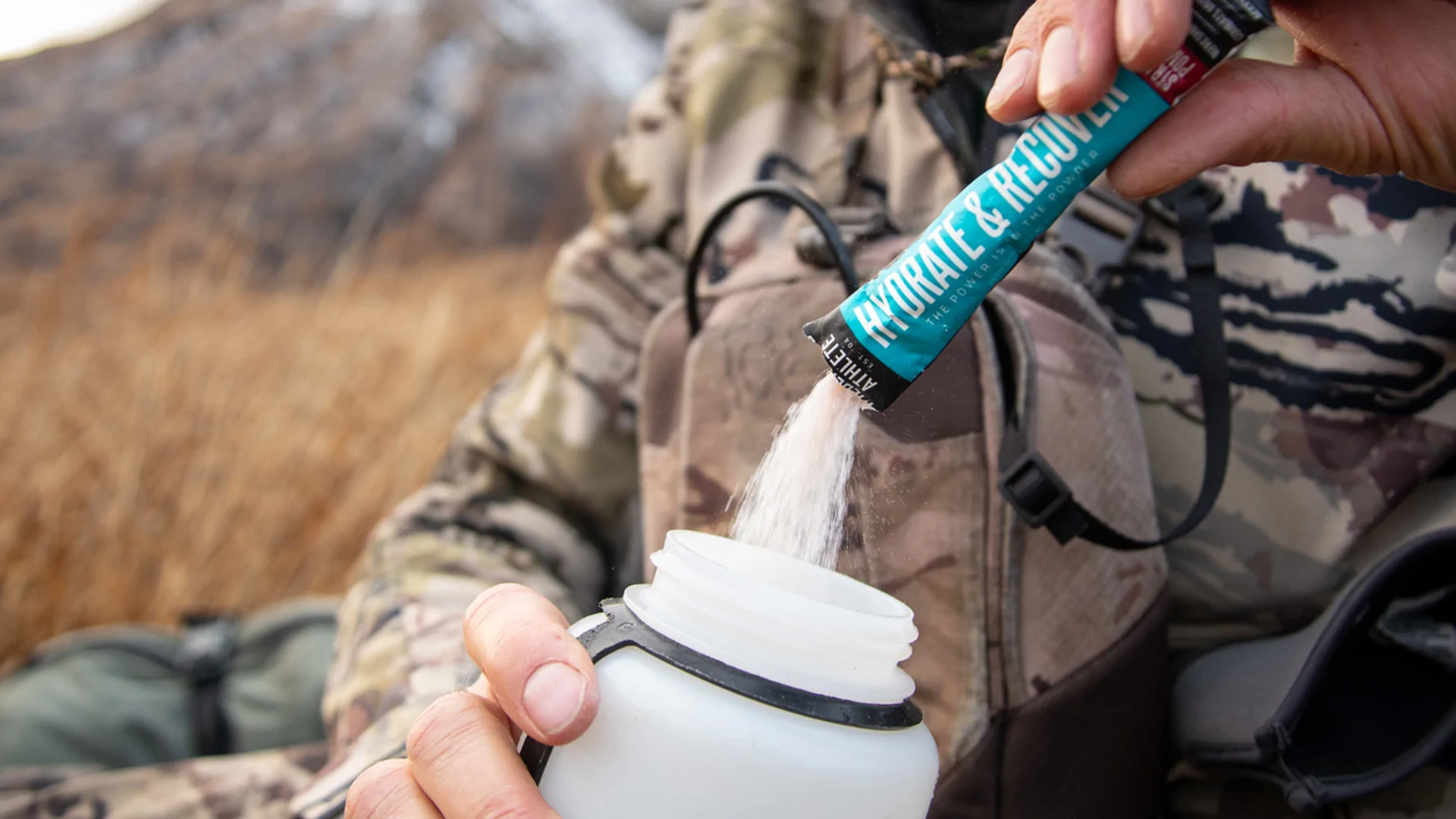
"Field Tested" may be a bit of a misnomer here, as I've actually tested this product not only in the field, but in the gym, on the trail and a myriad of other places as well. And yes, I can already hear the objections from those who disparage any crossover between fitness and our favorite fall traditions. Of course in a sense, they are correct; you absolutely do not need to exercise, or worry about physical health and stamina, to hunt. But doing so does make things quite a bit easier.
I first came across Wilderness Athlete's Hydrate and Recover in the backcountry of Idaho, where a fellow hunter (Greg Ray, of Outdoor Solutions) had packed some in to help rehydrate following long days hiking after elusive muleys. Always a bit skeptical of powders and mixes that purport to give their consumer some "edge," I was initially hesitant to try any, reasoning that if pushing my way through dehydration headaches with water and filched Wendy's salt packets had worked thusfar, there was no reason to change now. As time wore on however, and fatigue began to set in more deeply, I caved and gave it a shot.

This is likely where you expect some Billy May's-style enthusiasm about a miracle potion, sent from heaven to cure fatigue and attract 200-inch mule deer at the same time. Rest assured, this is a real review, not an infomercial. Greg gave me the Arizona Peach flavor to try, and the taste was admittedly incredible—like a sweet peach iced tea, but somehow sans all the sugar. The effect, on the other hand, was about the same as any other sports drink I've ever tried (Gatorade, Powerade, etc.). It certainly took care of the dehydration, and did so faster and more flavorfully than water and salt, but to me it didn't really have any standout effect. The first day, that is.
Thanks to Greg's forward thinking, he had some extra packets on hand, and I resolved to give them a trial run throughout the rest of our time in the mountains—not exactly a daunting proposition thanks to their welcome flavor. This is when I began to notice that, unlike a standard sports drink, Hydrate and Recover seemed to become more effective the longer I used it. As the days went by, dehydration occurred less frequently and, when it did, I could feel myself bounce back quicker than I had the day before. It also wasn't simply acclimation to the altitude—this was not my first rodeo with a sustained period hiking high mountains, and acclimation for me is generally a much quicker and milder change.
I am certainly no scientist (okay, not a real one anyway, my "science" degree is in Economics), but from what limited experience I do have in the sports world, it seems this is the real boon of Hydrate and Recover. While a single use of the product will not go far beyond a standard boost in/replenishment of electrolytes, sustained use of the vitamins, BCAAs (branch chain amino acids) and other supplements contained within will show noticeable improvements in your ability to recover from exhaustion.

Since that hunt, I have done my utmost to make Hydrate and Recover a consistent part of my daily life, and can always tell a difference following workouts, hikes, and other forms of exertion when I forget to incorporate it for a while (consistency in diet is not a natural virtue for your humble author). So this season, if it looks like your hunting plans will take you into some rugged terrain, and even better, if you're attempting a training regimen to prepare yourself for it beforehand, give Hydrate and Recover a try. It comes in Arizona Peach, Grape, Watermelon, Kiwi Pineapple, Strawberry Pomegranate, Lemon Lime, Berry Blast and Blue Raspberry, and in your choice of a 30-serving tub or easily packable, single-serving tubes. I've always been partial to the former, paired with a ziplock and scooper for packed excursions, but that's just me. For more information on the product, and the actual science behind it (beyond my layman's attempt at explanation), visit wildernessathlete.com. MSRP: Tub: $29.95; Packet Pack: $44.95; Single Serving Packet: $2
















